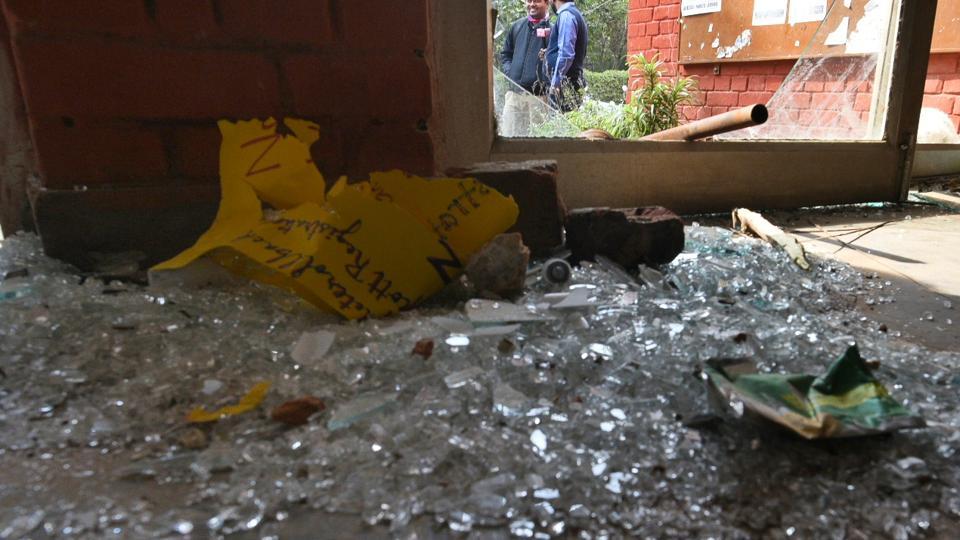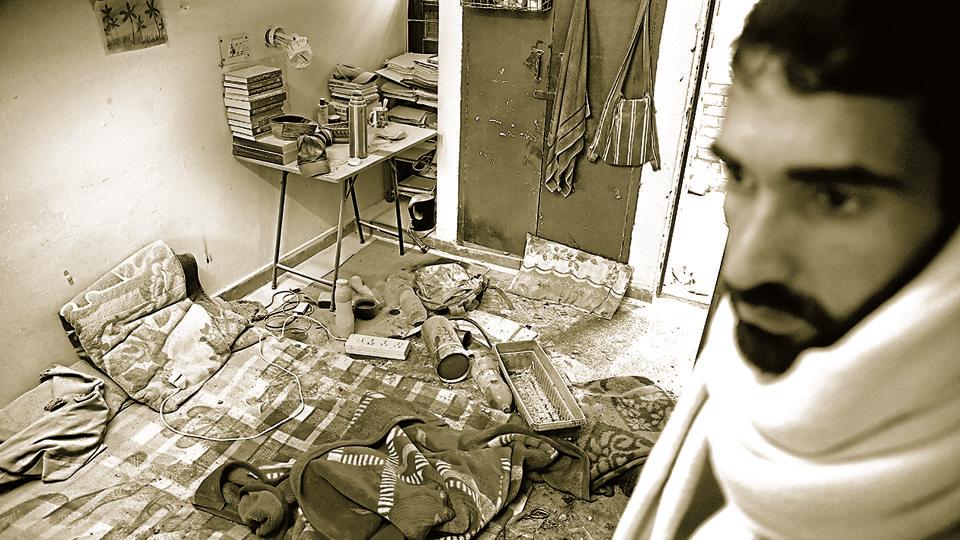prasad1
Active member
The unprecedented attack on students and teachers of Jawaharlal Nehru University (JNU) in Delhi on Sunday night is one of the darkest episodes in recent times in India. It brings to the fore a range of troubling issues — the increasing mob violence; the rule of law (or its absence) in the heart of the capital; the action (or inaction) of Delhi Police, which reports directly to the ministry of home affairs (MHA); the systematic undermining of one of India’s most important higher educational institutions in line with what appears to be a concerted attack on universities; the deployment of inflammatory rhetoric to tarnish critics; the abdication of constitutional duties by authorities concerned; and, ultimately, the weakening of Indian democracy itself.
Here is what we do not know conclusively about what happened in JNU on Sunday: The complete background of all the attackers who brutally beat up students and teachers, unleashed a reign of terror, and vandalised property. But here is what we do know: These attackers engaged in violence; many of those beaten up were critical of both the government and the university administration; the university administration was absent: the police did not enter the university and restore order for hours, allowing the mob to continue; the police also turned a blind eye to the violence outside the gates, where activists and journalists were beaten up, even as others cheered on the attack with violent slogans; the miscreants walked out, with the police looking on; and no one was arrested.
Put it all together, and certain conclusions are inescapable. Irrespective of the background of the violence — the JNU administration claims that those students who were boycotting the registration process for the new semester because of their opposition to the fee hike were pressuring those who were keen to register and this led to clashes — it is clear that three institutions have failed. The vice chancellor, M Jagadesh Kumar, failed to end the controversy over the fee hike, ensure peace, provide security to students, call in the police on time, and has been generally partisan in his approach, by treating a set of students as enemies. The human resource development (HRD) ministry has failed in providing leadership and resolving issues in JNU — in fact, by replacing the secretary who was seeking to find a middle ground, it closed doors on a reconciliation. And the Delhi Police, and by extension the home ministry, has failed, for it was at best, a bystander to the violence, and at worst, an active enabler of the violence on Sunday. For true justice, the VC must resign on moral grounds; the HRD ministry must get an independent, non-partisan figure as VC and address student grievances; the Delhi Police must arrest the culprits immediately; a truly independent enquiry must be instituted; and heads must roll in both Delhi Police and MHA for abdication of duties. Otherwise, be prepared for the erosion of the rule of law and the rise of mobocracy.

 www.hindustantimes.com
www.hindustantimes.com
Here is what we do not know conclusively about what happened in JNU on Sunday: The complete background of all the attackers who brutally beat up students and teachers, unleashed a reign of terror, and vandalised property. But here is what we do know: These attackers engaged in violence; many of those beaten up were critical of both the government and the university administration; the university administration was absent: the police did not enter the university and restore order for hours, allowing the mob to continue; the police also turned a blind eye to the violence outside the gates, where activists and journalists were beaten up, even as others cheered on the attack with violent slogans; the miscreants walked out, with the police looking on; and no one was arrested.
Put it all together, and certain conclusions are inescapable. Irrespective of the background of the violence — the JNU administration claims that those students who were boycotting the registration process for the new semester because of their opposition to the fee hike were pressuring those who were keen to register and this led to clashes — it is clear that three institutions have failed. The vice chancellor, M Jagadesh Kumar, failed to end the controversy over the fee hike, ensure peace, provide security to students, call in the police on time, and has been generally partisan in his approach, by treating a set of students as enemies. The human resource development (HRD) ministry has failed in providing leadership and resolving issues in JNU — in fact, by replacing the secretary who was seeking to find a middle ground, it closed doors on a reconciliation. And the Delhi Police, and by extension the home ministry, has failed, for it was at best, a bystander to the violence, and at worst, an active enabler of the violence on Sunday. For true justice, the VC must resign on moral grounds; the HRD ministry must get an independent, non-partisan figure as VC and address student grievances; the Delhi Police must arrest the culprits immediately; a truly independent enquiry must be instituted; and heads must roll in both Delhi Police and MHA for abdication of duties. Otherwise, be prepared for the erosion of the rule of law and the rise of mobocracy.

The darkness of Sunday night
Hold the VC, Delhi Police, and ministries concerned to account

